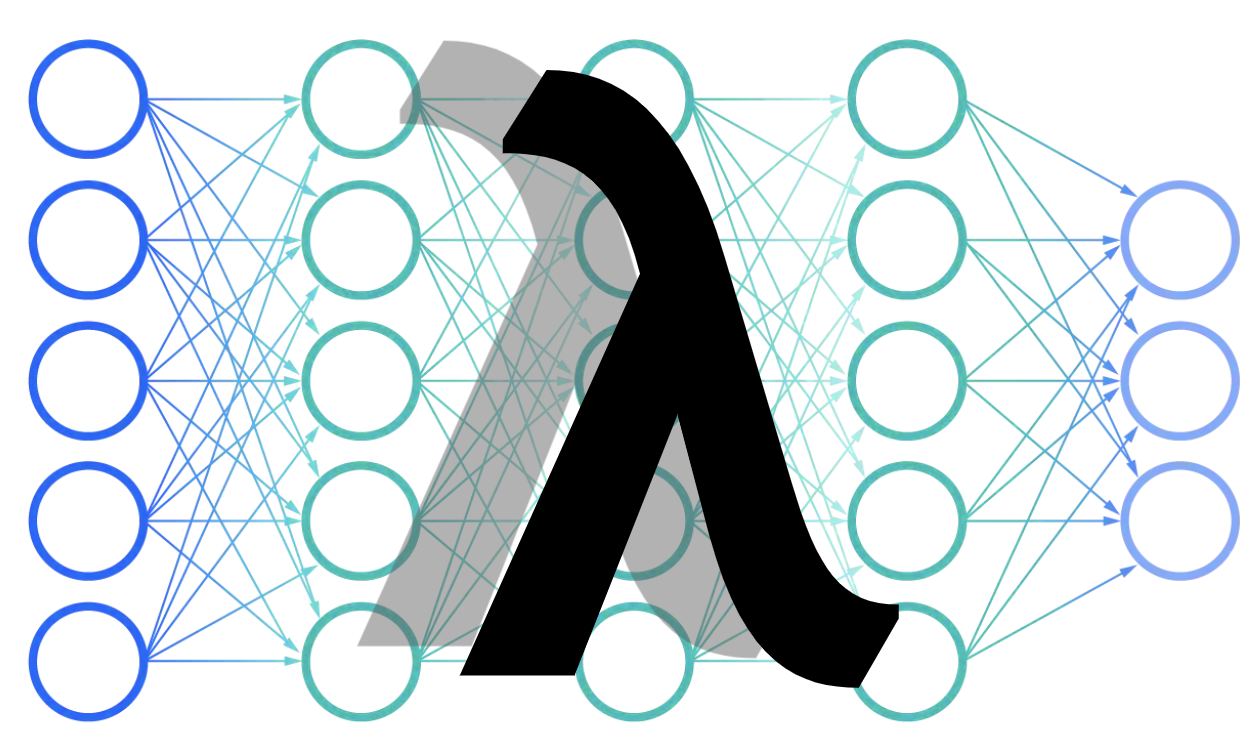commit c0f603c (2025-10-20 17:32:51 -0400) Torsten Scholak: Simplify JSON instances and refactor publication fields with type-safe GADTs

Towards Neural Functional Program Evaluation
arXiv:2112.04630 [cs.CL]
Published on Dec 9, 2021
Official link: https://arxiv.org/abs/2112.04630
TL;DR: Are neural models bad at interpreting programs? For the AIPLANS NeurIPS workshop in 2021, we created a dataset of functional programs, and trained T5 to reduce them to their normal forms. Turns out it works even for challenging data splits!
This paper explores the capabilities of current transformer-based language models for program evaluation of simple functional programming languages. We introduce a new program generation mechanism that allows control over syntactic sugar for semantically equivalent programs. T5 experiments reveal that neural functional program evaluation performs surprisingly well, achieving high 90% exact program match scores for most in-distribution and out-of-distribution tests. Using pretrained T5 weights has significant advantages over random initialization. We present and evaluate on three datasets to study generalization abilities that are specific to functional programs based on: type, function composition, and reduction steps.